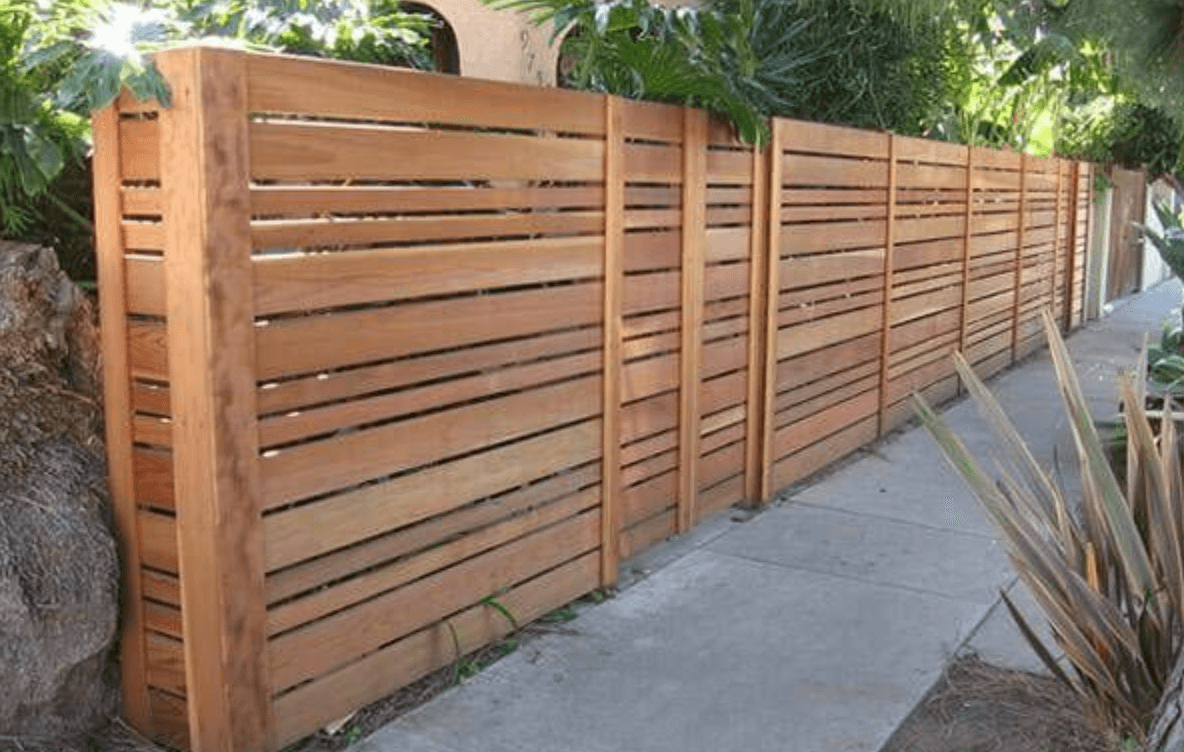All Categories
Featured

When it concerns choosing the very best fencing product for durability, functioned iron attracts attention as one of the most trusted and lasting options available. Known for its strength, visual charm, and capability to withstand different climate condition, wrought iron is a prominent selection for both business and residential buildings. But how does it contrast to other fencing materials in terms of long life and performance? Allow's take a more detailed look at wrought iron fencing and how it compares to options like wood, aluminum, and vinyl.
Stamina and Durability of Wrought Iron Secure Fencing. Unlike lots of various other fencing options, functioned iron can sustain severe environmental conditions, consisting of severe heat, hefty rain, and also solid winds. Since it is a metal, functioned iron is not vulnerable to the wear and tear that wood fencings typically experience, such as decaying, warping, or insect infestations.
Durability: Wrought iron fencings are exceptionally hard and can hold up against influences and other kinds of physical tension that might damage various other products. When appropriately preserved, they can last for 50 years or more, making them an investment that will certainly provide long-lasting worth.
Wrought Iron vs. Wood Fencing. Wood fences, while traditional and aesthetically pleasing, typically call for more upkeep and have a much shorter lifespan contrasted to functioned iron. Timber is vulnerable to rot, termites, and weathering in time, all of which can jeopardize its architectural integrity. Furthermore, wood fences may need to be changed or fixed every 10 to twenty years, depending on the climate and the kind of timber used.
Upkeep: While wood fences need to be on a regular basis treated with sealers, stains, or paints to preserve their look and durability, functioned iron fences normally need much less maintenance. They may need periodic cleansing or painting to avoid corrosion, particularly in seaside or moist locations, however they won't struggle with the very same kinds of deterioration as timber.
Durability: While a well-maintained wood fence may last 20 to 30 years, wrought iron can go beyond that life-span by numerous decades, making it a more resilient option in the future.
Wrought Iron vs. Plastic Fencing. Vinyl fence has come to be a preferred alternative to timber due to its low maintenance and resistance to the elements. Unlike timber, vinyl does not rot or warp, and it doesn't require to be repainted or treated. However, vinyl can become breakable with time, specifically in regions with harsh wintertimes or extreme UV exposure. It may fracture or damage under stress, such as from a heavy influence or a severe storm.
Longevity: While plastic is fairly sturdy and immune to rot and fading, it still can't match the lasting strength and strength of wrought iron. A vinyl fence could last around 20 to 30 years, depending on ecological aspects, however it lacks the structural integrity that wrought iron provides.
Upkeep: Plastic requires very little maintenance compared to timber, but it can still discolor with time, especially in areas with intense sunlight direct exposure. Wrought iron may need occasional rust prevention treatments but usually needs less treatments than vinyl.
Wrought Iron vs. Light Weight Aluminum Secure Fencing. Light weight aluminum is another metal choice to functioned iron, and while it shares several of the durability characteristics of wrought iron, it is normally much less solid and sturdy. Light weight aluminum is more light-weight and resistant to rust and deterioration, making it a prominent option for low-maintenance secure fencing. It's not as strong as functioned iron and might be extra prone to bending or denting under pressure.

Resilience: Wrought iron is significantly stronger and much more long lasting than light weight aluminum. While aluminum fences can last for several decades, they might not stand up also in high-traffic or high-impact locations. On the other hand, functioned iron is a lot more resistant to physical damages and can better hold up against stress and force.
Upkeep: Both wrought iron and light weight aluminum fences require some maintenance, mostly to stop corrosion. Nonetheless, aluminum is less likely to corrosion than functioned iron, making it a more low-maintenance alternative in areas with high humidity or coastal salt direct exposure.
Last Thoughts: Wrought Iron's Toughness Benefit. Wrought iron stands apart as one of one of the most resilient secure fencing products readily available, exceeding wood, plastic, and aluminum in terms of strength, long life, and total efficiency. While it does call for periodic maintenance, especially to stop rust, its capacity to endure extreme climate problems, physical stress, and the test of time makes it an excellent financial investment for services and property owners seeking a durable, safe fence remedy.
For those that prioritize stamina and durability over all else, wrought iron is an unbeatable choice. Whether you're protecting a residential property, improving the look of your lawn, or supplying safety and security for a business website, wrought iron fencing will supply decades of longevity and visual allure that couple of various other products can match.
Latest Posts
Introducing the Professionals Behind Montclare Auto Repair - Your Trusted Team
Published Apr 21, 25
2 min read
Contact Us: Reach Out for Trusted Auto Repair & Service in Montclare
Published Apr 20, 25
2 min read
Montclare Auto Repair: A Reliable Auto Service Provider in Montclare
Published Apr 20, 25
2 min read
More
Latest Posts
Introducing the Professionals Behind Montclare Auto Repair - Your Trusted Team
Published Apr 21, 25
2 min read
Contact Us: Reach Out for Trusted Auto Repair & Service in Montclare
Published Apr 20, 25
2 min read
Montclare Auto Repair: A Reliable Auto Service Provider in Montclare
Published Apr 20, 25
2 min read